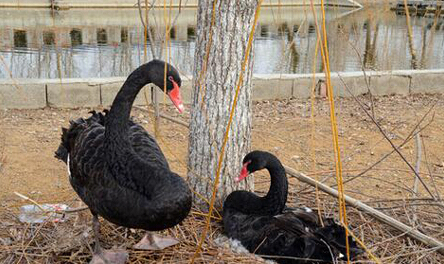Jail sentences for selling data on 200,000 newborns
Eight people involved in stealing, selling and buying information of more than 200,000 newborns have been sentenced for infringing citizens’ personal information.
The Pudong New Area People’s Court said yesterday that the defendants included two former employees of the city’s Center for Disease Control and Prevention. The eight were sentenced from seven to 27 months, and were ordered to pay penalties ranging from 2,000 to 5,000 yuan (US$290 to US$730).
One of the accused, surnamed Han, 41, was working in the city-level Center for Disease Control and Prevention, and another surnamed Zhang, 50, was working for the district-level authority. In 2014, Zhang persuaded Han to steal information of newborns from the center’s database to help his friend promote infant health products, promising a commission fee.
From the beginning of 2014 to July last year, Han illegally downloaded the information from the system and sent the details to Zhang via e-mail twice a month. Each time information on about 5,000 newborns was given. Zhang then sold the information to another of the accused, surnamed Fan, who was in the infant health products business. According to the court, Han, Zhang and Fan stole personal information on more than 200,000 newborns.
Moreover, Fan sold more than 250,000 pieces of information to another of the defendants, surnamed Li, who sold on the information to two of the accused, surnamed Huang and Wang. All three were also involved in infant health products. Wang’s ex-driver, surnamed Wu, also stole information of more than 70,000 newborns.
All eight confessed their guilt to the court, returned their illegal income and paid the penalties imposed.
